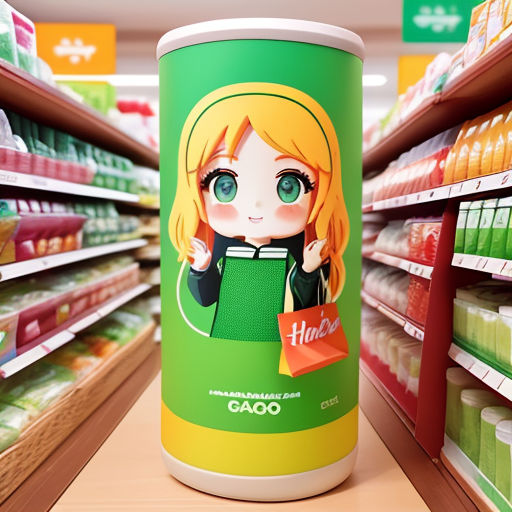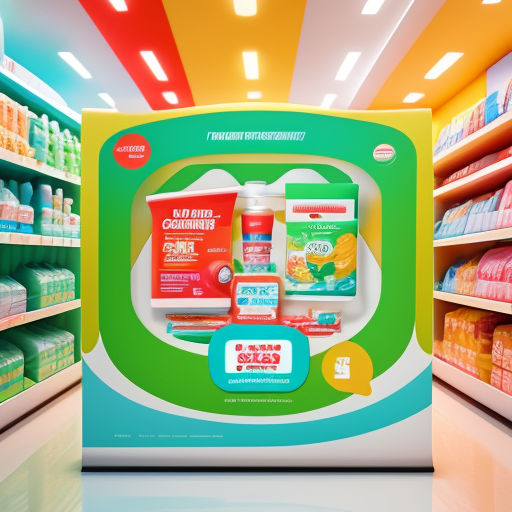
The Toothpaste Showdown
By Storybird

10 Aug, 2023

With India's booming population, toothpaste has become a staple oral hygiene product. Its use is widespread, cutting across all socio-economic classes in the country. Various brands are vying for consumer attention, with their unique propositions, at different price points.

In the last couple of decades, many international brands have entered the Indian market, leading to increased competition. This has only served to intensify the struggle to dominate the consumer's mind and the retail shelf.

Interestingly, India's toothpaste market is defined by a complex mix of taste preferences, price sensitivity and brand loyalty, among other variables.

The choice of toothpaste according to brand can be influenced by several factors. For instance, taste plays a significant role in the selection process. Flavours like mint and clove are popular among the Indian populace.

In addition to taste, price sensitivity is another factor influencing consumer behaviour. Indian consumers tend to be value conscious and seek maximum benefit for the price paid. This preference is evident in the success of economy and mid-priced toothpaste brands in India's market.

The Indian toothpaste consumer also shows a marked preference for brands that promise multiple benefits. Brands that highlight qualities such as cavity protection, healthy gums, teeth whitening or fresh breath in one product are more likely to find favour among consumers.

Moreover, brand loyalty plays a significant role in the purchasing decision. This is likely a result of enduring consumer relationships that brands have built over many decades through consistent quality and effective communication strategies.

One of the surprising trends of the Indian toothpaste market is the relative success of traditionally valued herbal or ayurvedic toothpastes. Brands emphasizing their 'natural' or 'herbal' ingredients have resonated with a large section of the population.

The popularity of herbal brands suggests a growing concern for health and wellness among the Indian consumers. Many consumers believe that these ayurvedic toothpastes offer unique benefits, lacking in mainstream brands.

In recent years, the influence of digital media on the toothpaste market has grown exponentially. Brands are increasingly using social media platforms and other digital channels to reach consumers, especially the younger generation.

There is also a growing trend of consumers seeking more information about the products they buy. This includes details about the ingredients used, their benefits, and their potential side effects. Consequently, transparency in product information has become an important determinant of brand choice.

The oral healthcare sector in India is also witnessing a shift from treating oral diseases to maintaining oral hygiene. This is leading to an increase in the frequency of brushings, and hence, toothpaste usage.

Therefore, understanding the nuances of consumer behavior is vital for toothpaste brands in India. These insights can help manufacturers and marketers to formulate effective strategies and create products that resonate with the Indian consumer's needs and preferences.

Some multinational brands have successfully localized their products to cater to the unique Indian palate. They offer toothpastes infused with a variety of indigenous flavours, such as neem, clove, charcoal, and salt, which are perceived to have multiple potential health benefits.

However, the Indian toothpaste market presents challenges, too. Most rural households still prefer traditional tooth-cleaning methods like using twigs of certain trees, charcoal, or a mixture of salt and oil, which is a significant deterrent to market penetration by toothpaste brands.

To counter this, toothpaste brands need to continue their efforts to spread awareness about the importance of oral hygiene practices. Despite the challenges, the future prospects for growth in the Indian toothpaste market look promising.

With a burgeoning middle class and increasing disposable incomes, the demand for oral care products, including toothpaste, is bound to surge. The brand that can align its product proposition with the consumers' sensibilities stands to gain the most.

Toothpaste brands must also adapt to the evolving retail landscape in India. E-commerce penetration is growing rapidly, altering shopping habits. Brands must ensure that they are present on these platforms to capture a piece of the digital consumer's wallet.

Toothpaste brands are also focusing on introducing innovative packaging that appeals to consumers. Packaging with easy-to-use flip-tops and stand-up tubes are preferred as they offer convenience while minimizing wastage.

There is an increasing focus on sustainability too, with consumers preferring products that are environmentally friendly. Brands embracing eco-friendly practices and packaging are likely to gain a competitive advantage.

Furthermore, brands are focusing on enriching the overall brushing experience. Products that offer a unique sensory experience (taste, texture, fragrance) can make a significant impact on consumer choice.

In a nutshell, the Indian toothpaste market is a complex yet exciting landscape. Staying attuned to changing consumer preferences, diversifying product range, and addressing sustainability concerns are key to gaining a foothold in this competitive market.

Branding and packaging play a significant role in drawing consumer attention, but the efficacy of the product is what drives repeat purchases. Hence, the focus should be on delivering a high-quality product that effectively caters to oral health needs.

Supplemented by effective advertising and meaningful consumer engagement, brands can create a loyal consumer base. This requires a keen understanding of consumer behaviour, meeting their expectations and continuous product innovation.

In conclusion, the toothpaste market in India is marked by evolving consumer preferences, intense competition, and the constant need for innovation. Brands that can navigate this landscape while staying true to their core promise are likely to succeed.